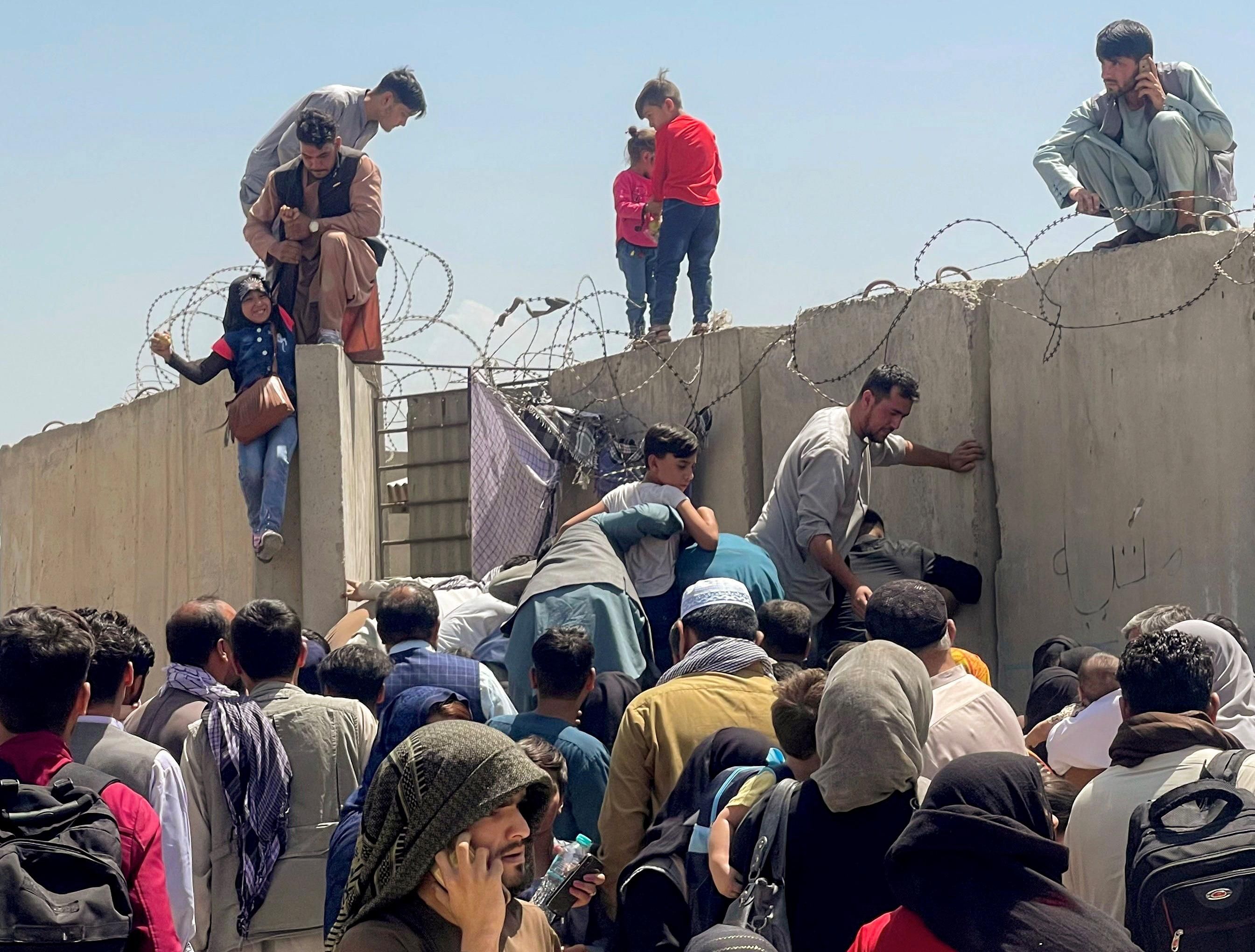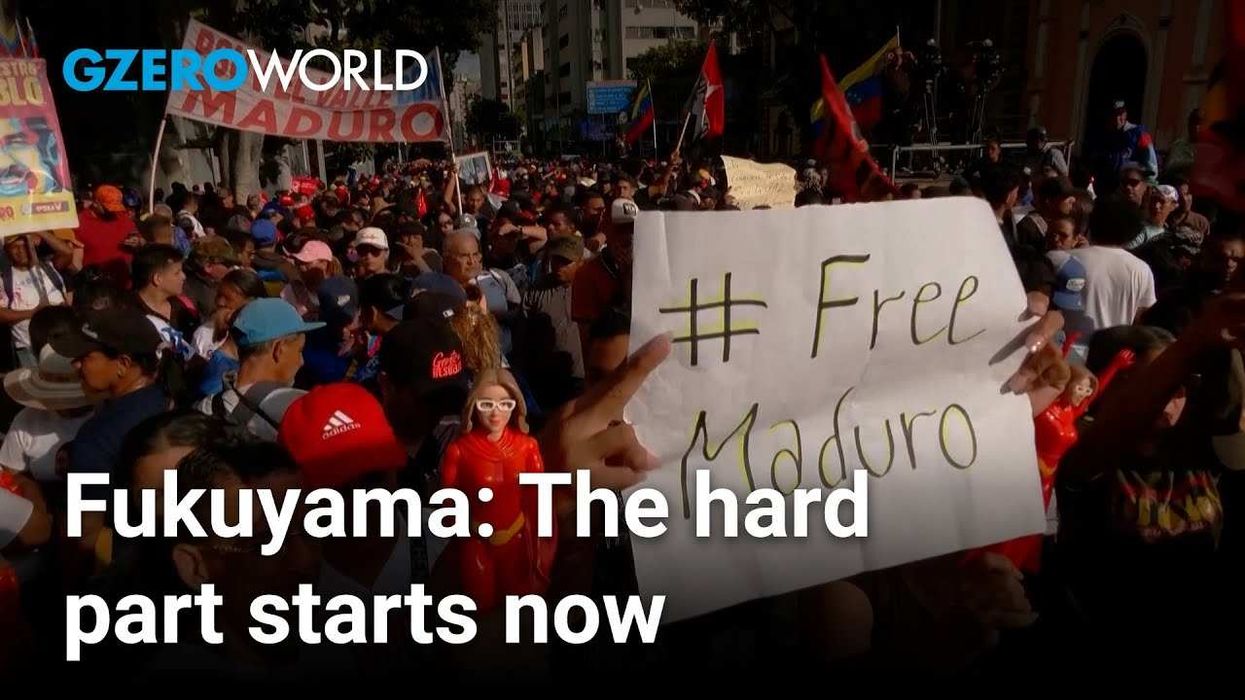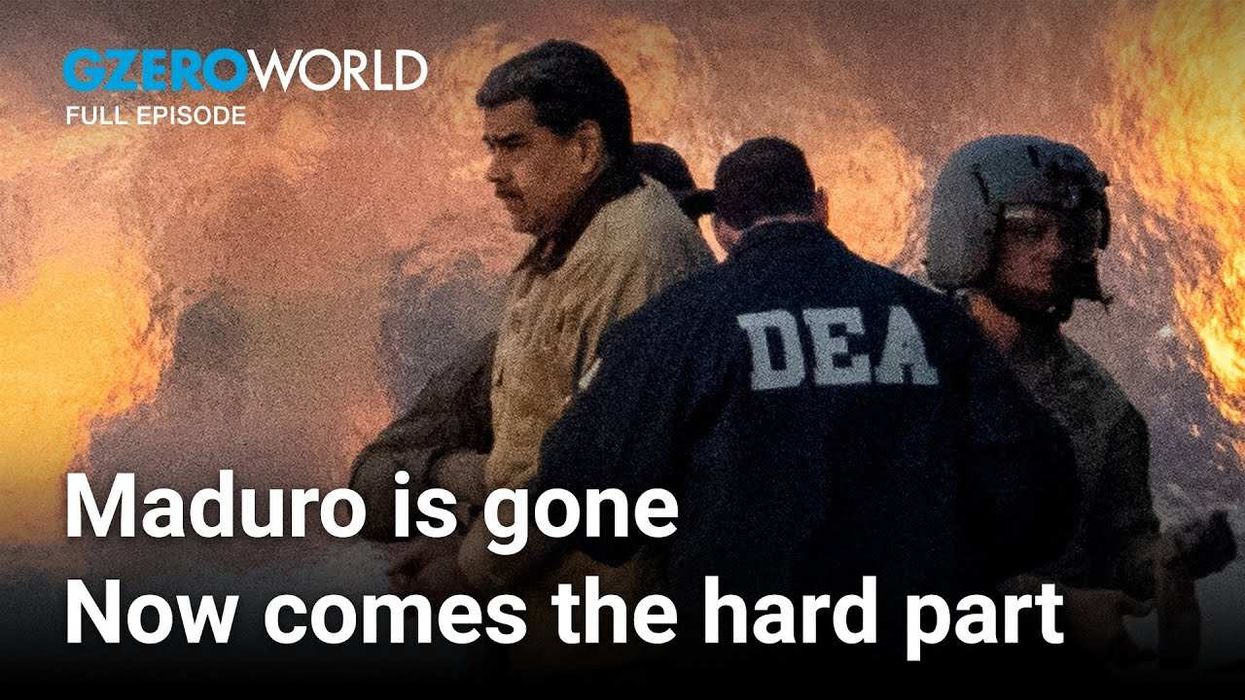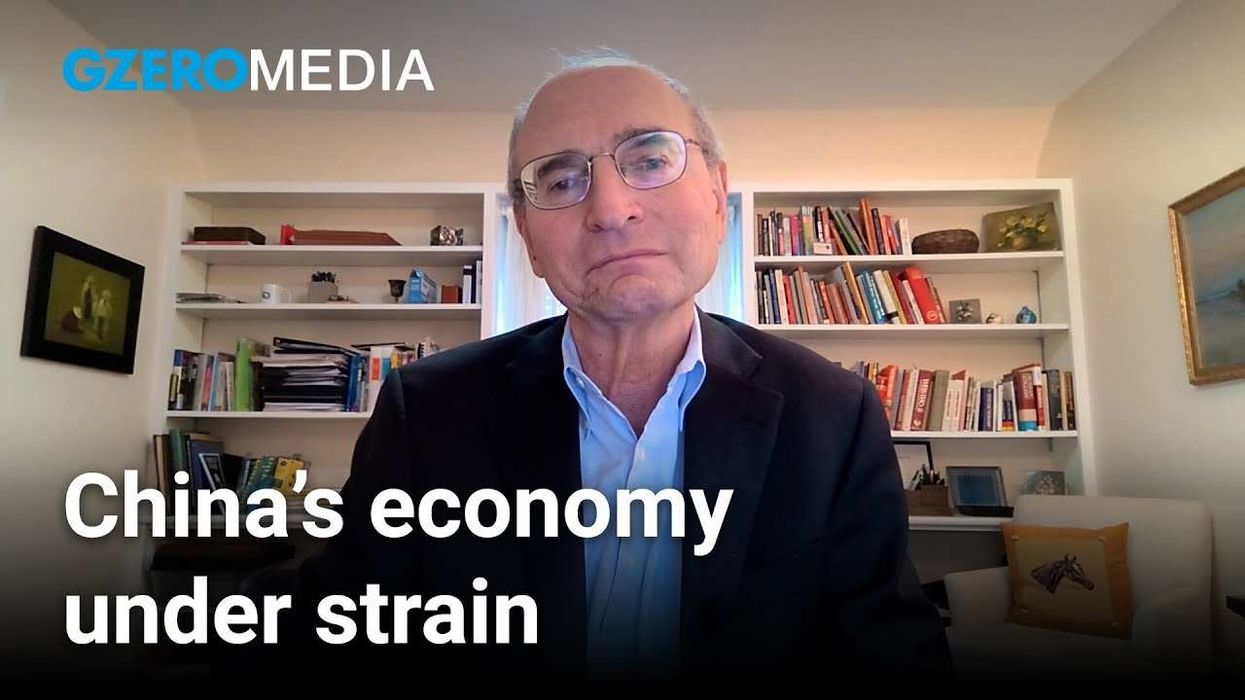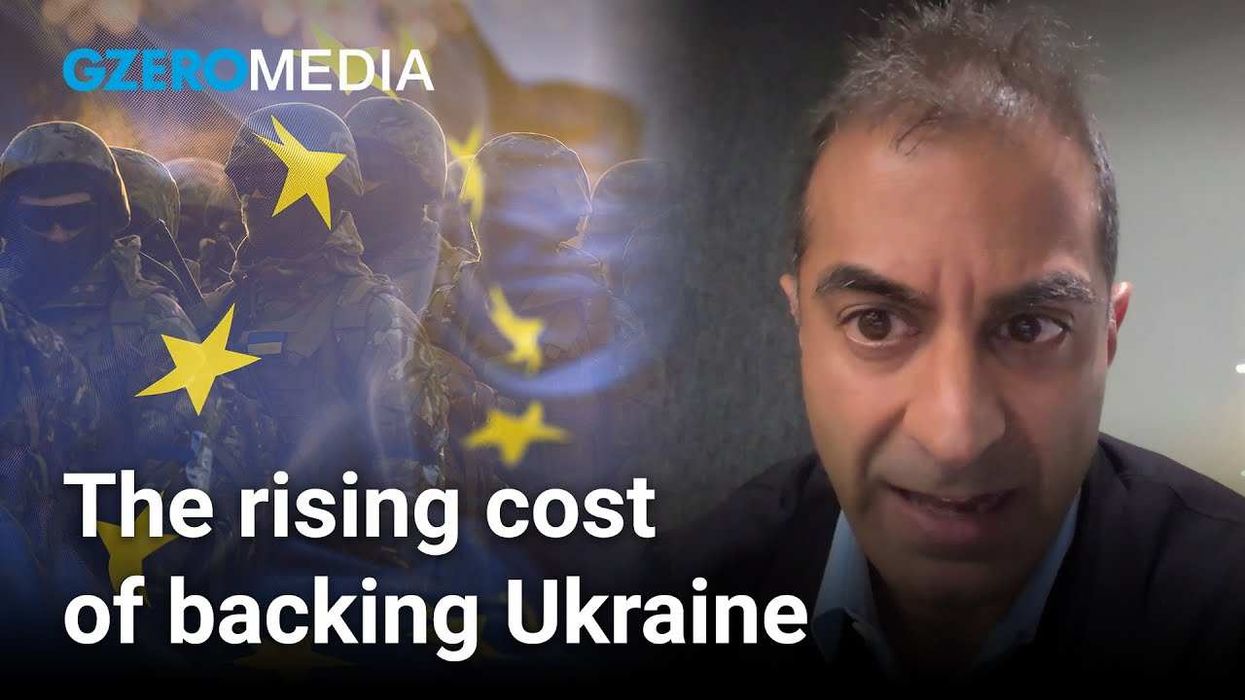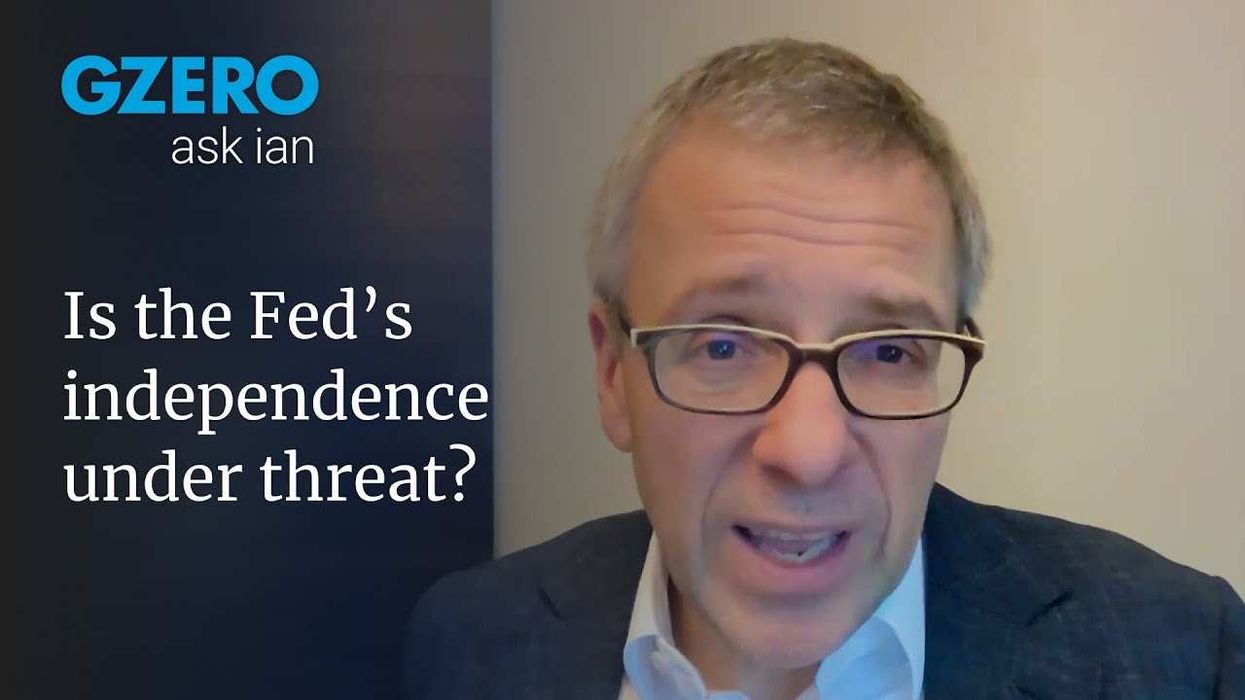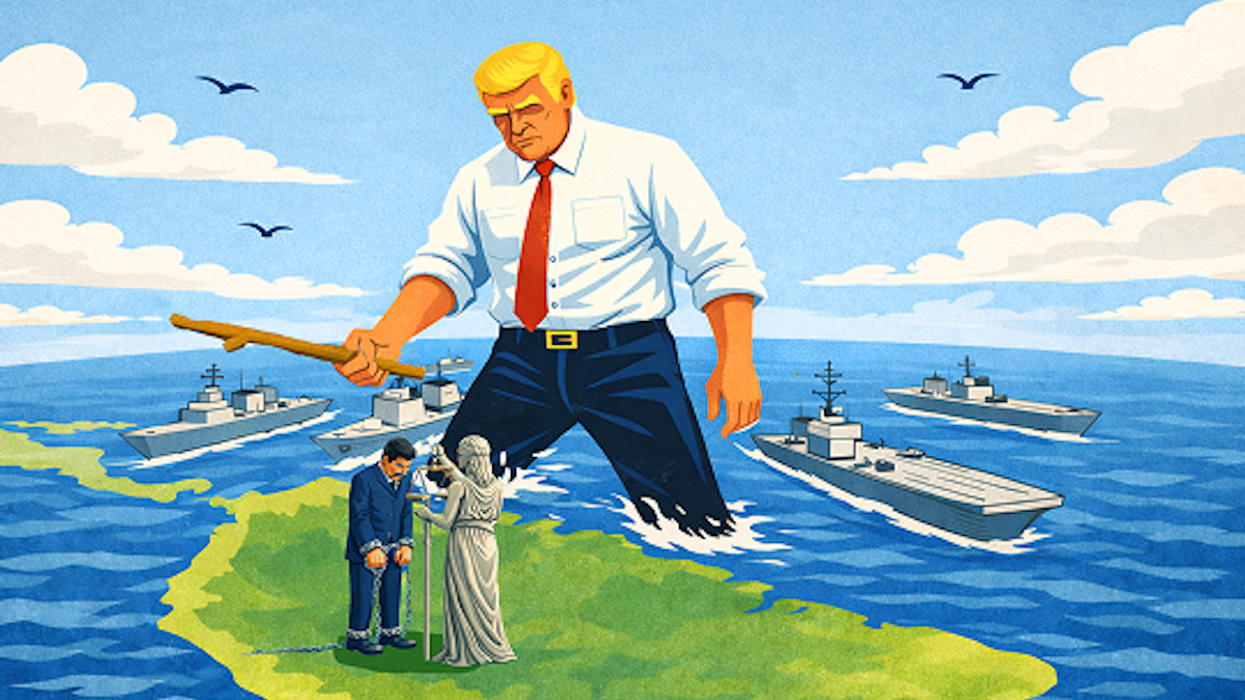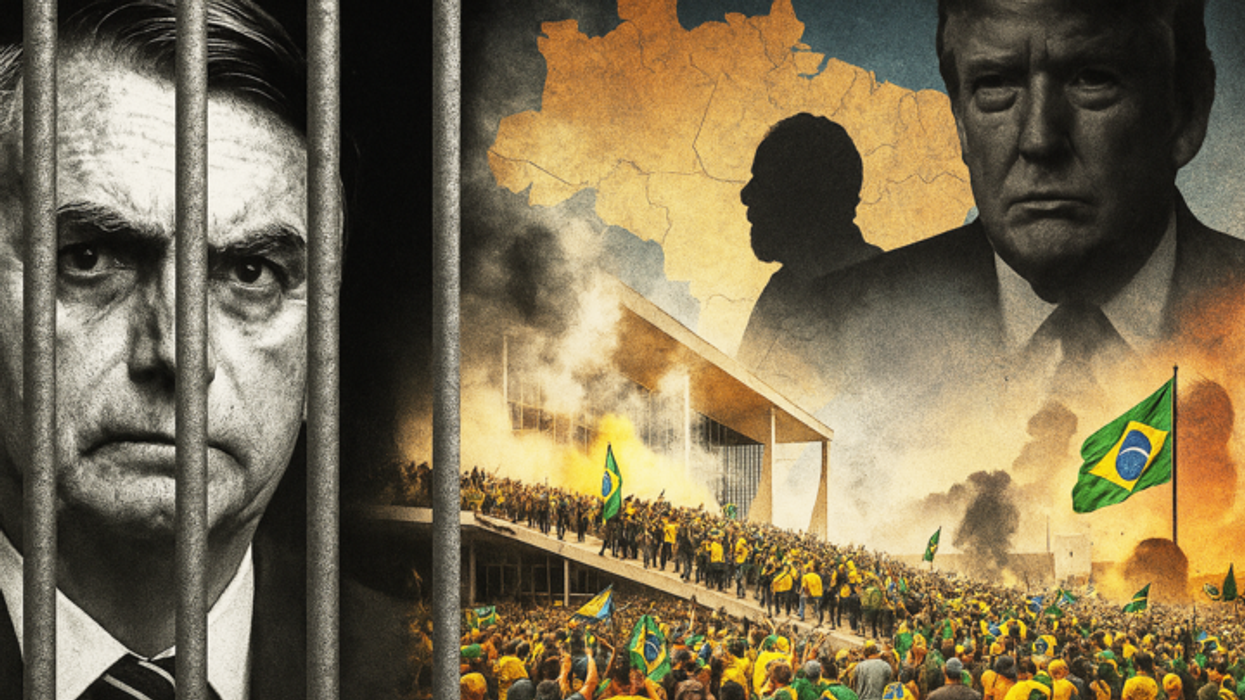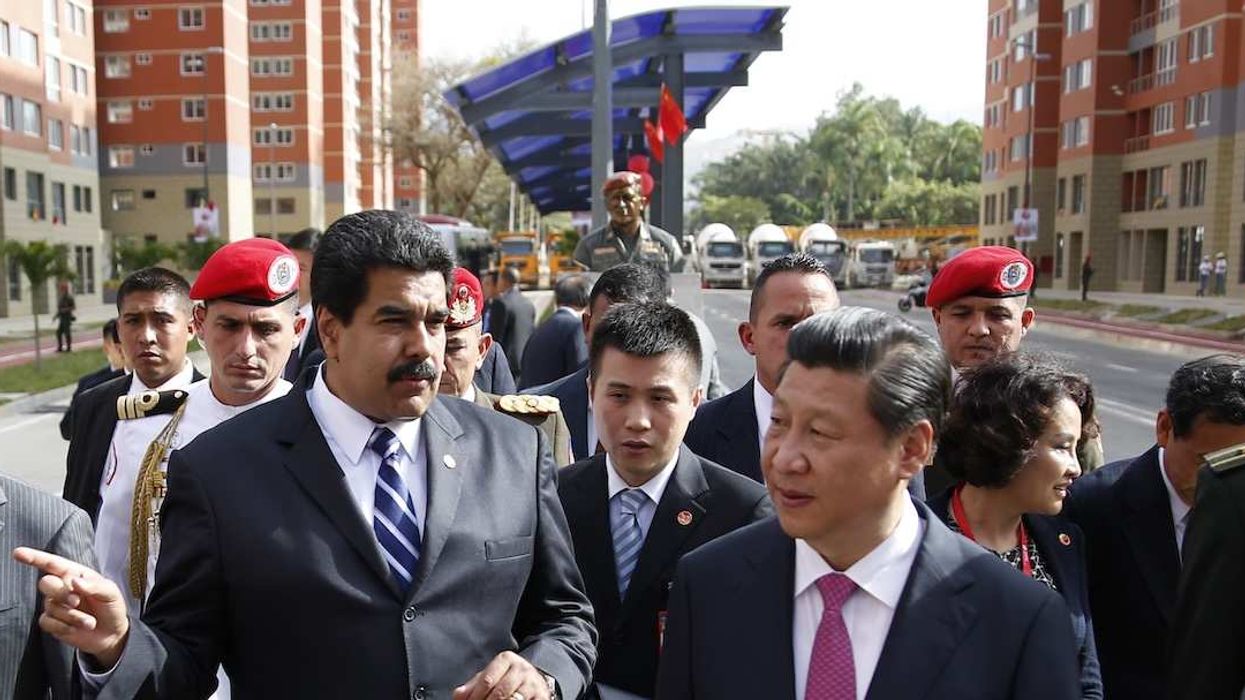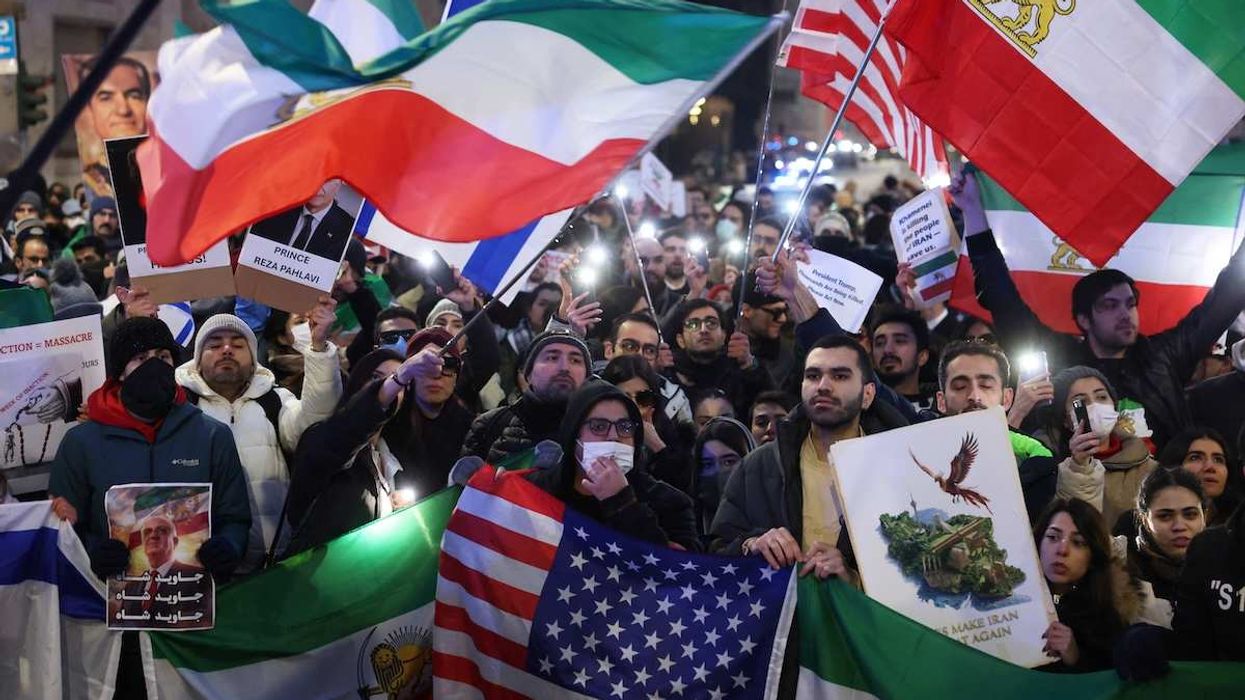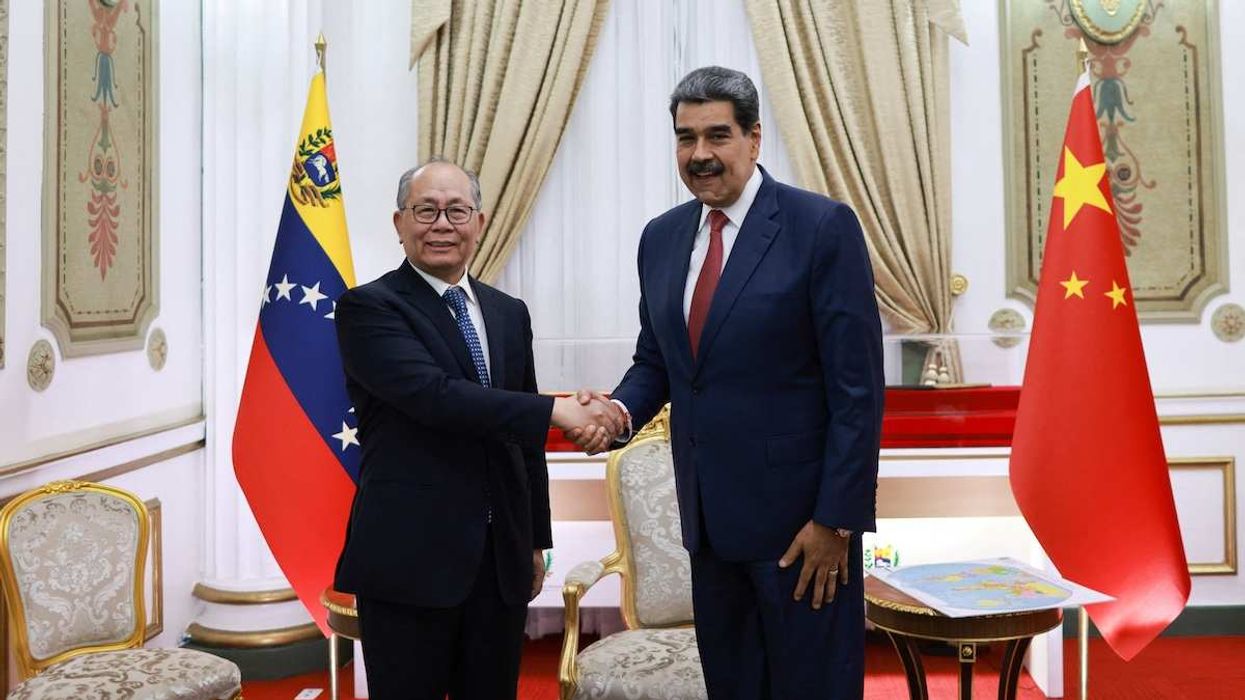It happened faster than most people expected, but the US-backed Afghan government has now fallen. The Taliban have taken over the capital, Kabul, and installed themselves in the presidential palace. Thousands of Afghans are scrambling to leave amid uncertainty of what comes next for the war-torn country. Chaos reigns.
What are some of the implications for Afghans and other countries with a stake in the region?
Islamic law will be front and center. Recent developments, and Taliban leaders' statements, make it clear that when it comes to ideology, ambition and creed, the Taliban of 2021 is the same radical group that was toppled in 2001.
Essentially, Taliban members believe in a fundamentalist Quranic philosophy, which is underscored by stringent prohibitions. As the group has swept the country, there have been reports of summary executions, abuse of women, and closing of schools that teach non-religious curricula. (The Taliban espouse that girls and women should be confined to their homes.) Western influence is sacrilegious, and the Taliban have reportedly been searching homes for alcohol and other contraband.
Politically, they want the Islamic Emirate reinstalled. Under the Taliban, electoral politics in Afghanistan are a thing of the past, and civil society has no role in the decision-making process, which they say, will be left solely to emirs (religious chiefs) and a council of mullahs.
An influx of refugees. As the Taliban stormed dozens of provincial capitals, thousands of Afghans descended on the international airport in Kabul in hopes of fleeing the country. Scenes of anguished people clinging to a US military plane will forever be a symbol of Afghans' desperation and struggle to escape Taliban terror. But there are no flights to carry these people out.
While the US has been accused of abandoning thousands of Afghans who aided the US-led mission over the past two decades, Canada has said that it will take in about 20,000 vulnerable Afghans, including women leaders and human rights activists. But that's just the tip of the iceberg. Many analysts say that the burgeoning refugee crisis will soon land on Europe's doorstep, drawing comparisons to 2015-2016, when more than 1 million refugees, mostly from Syria, arrived in Europe, fueling one of the biggest political crises in the bloc's history.
Since then, the European Union has beefed up its immigration protocols and border control: surveillance drones are used to monitor migrant flows, and border fences have been constructed bloc-wide. Just days ago, several EU states signed a letter saying that despite the deteriorating situation in Afghanistan, deportations of failed asylum-seekers will continue: accepting refugees "would lead more people trying to leave and come to the European Union." (However, Germany, the Netherlands, and France have since said they would hold off on deportations — for now.)
Tellingly, EU member states, like Greece — which bore the brunt of the migrant crisis in 2015 — say that they simply don't have the state capacity to absorb the huge number of people trying to flee Afghanistan. Even German Chancellor Angela Merkel, a staunch refugee advocate, recently said: "we cannot solve all of these problems by taking everyone in."
But "the risk to the EU is not from a short-term surge in Afghan refugees — the numbers will remain manageable," Mujtaba Rahman, who leads Eurasia Group's Europe desk, told GZERO Media. Rather, problems could arise "from the fractious internal debate it will sponsor, distracting from priorities elsewhere."
The power of international recognition. The last time the Taliban were in power, they turned Afghanistan into an international pariah. While the group maintained relations with Pakistan, as well as with the UAE and Saudi Arabia, it was mostly isolated from the rest of the world.
But 2021 is very different to 2001. With the US more interested in leaving than dealing with the mess it'll leave behind, in recent weeks senior Taliban leaders have embarked on a whirlwind diplomatic mission, trying to court Western rivals in Moscow and Beijing.
When the Taliban last ruled Afghanistan, Beijing had already suspended ties with Kabul after civil war erupted in 1993. But a pragmatic and increasingly ambitious China has made clear that it may be willing to recognize the Taliban's rule in Afghanistan if it gives China carte blanche to expand its Belt and Road infrastructure development projects to Afghanistan.
Similarly, some analysts say that the Kremlin is also toying with the idea of recognizing the Taliban, and could use it as leverage to ensure Russian interests are safeguarded across Central Asia.
Meanwhile, the seemingly botched withdrawal is becoming a massive political crisis for the Biden administration both at home and abroad. Domestically, he's being criticized on the left and right for the hasty pullout. With foreign allies, it's further undercutting Washington's global standing, which plummeted mostly under his predecessor. Even though Biden said in an address Monday that he "stands squarely behind" his own decision-making, the optics are very bad for a president who has made "America is Back" the rallying cry of his administration.
Rough road ahead. The situation is still in flux, and much could change in the upcoming days and weeks. For now, the Taliban is certainly in the driver's seat, both domestically and internationally.
